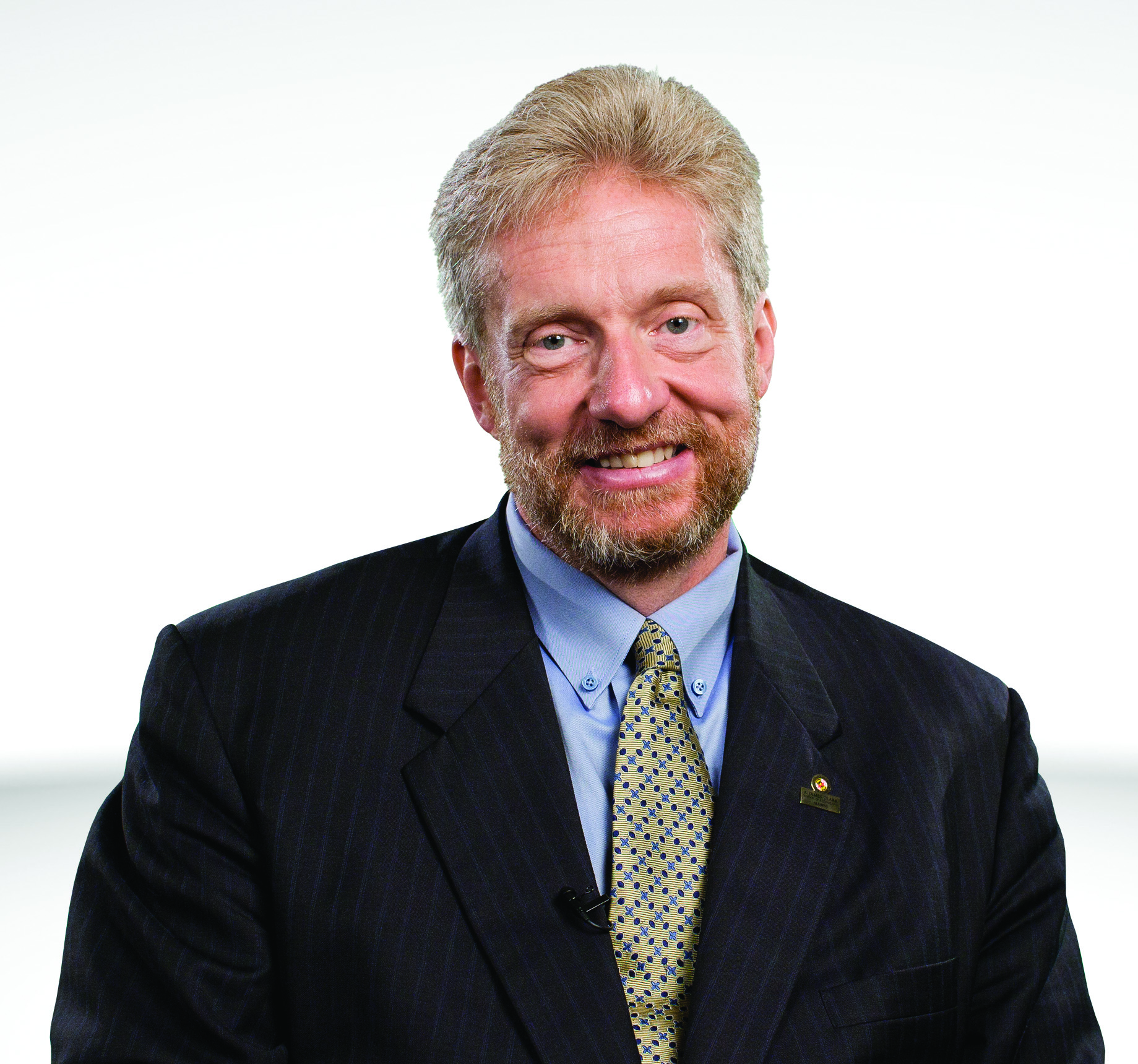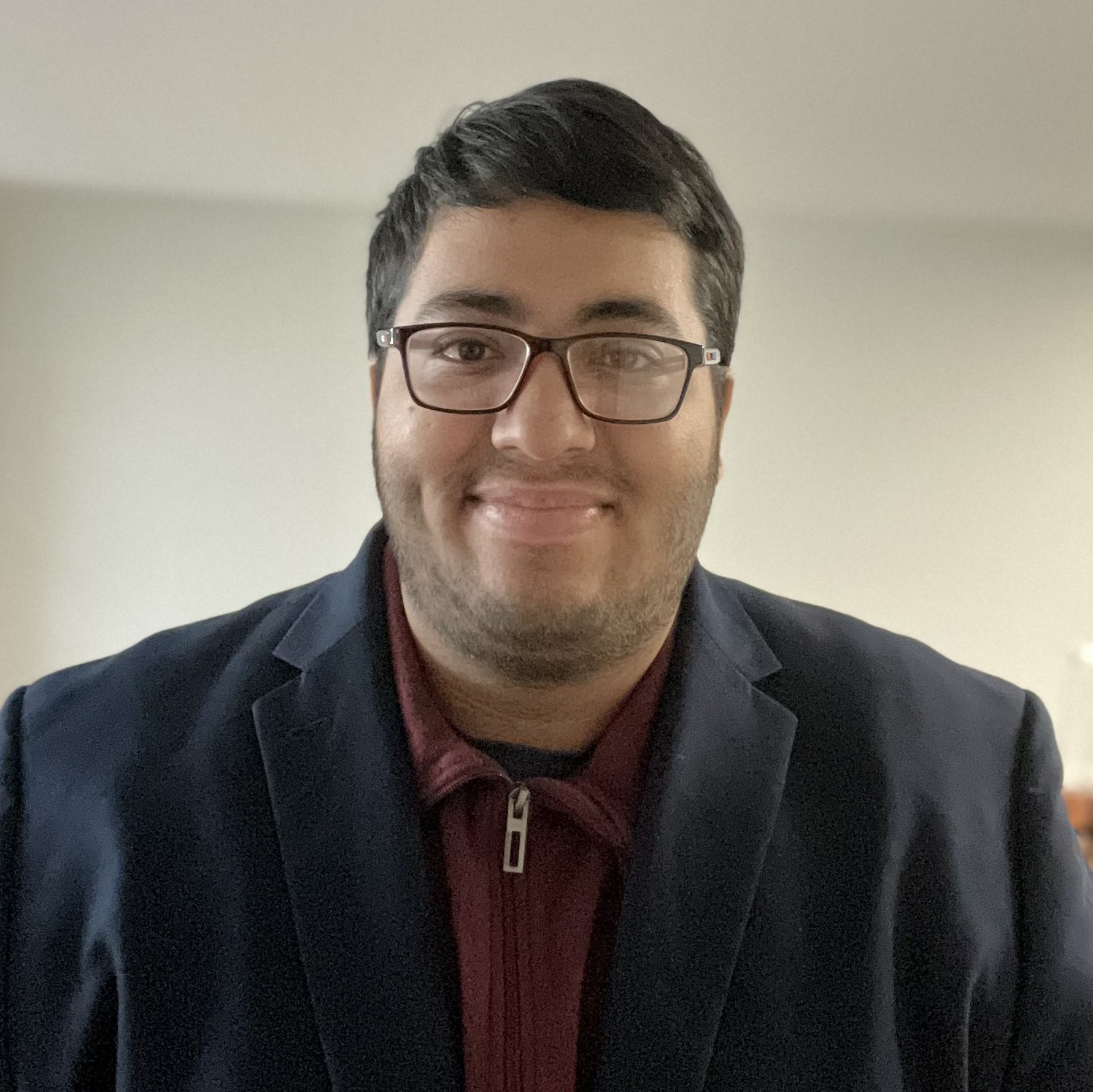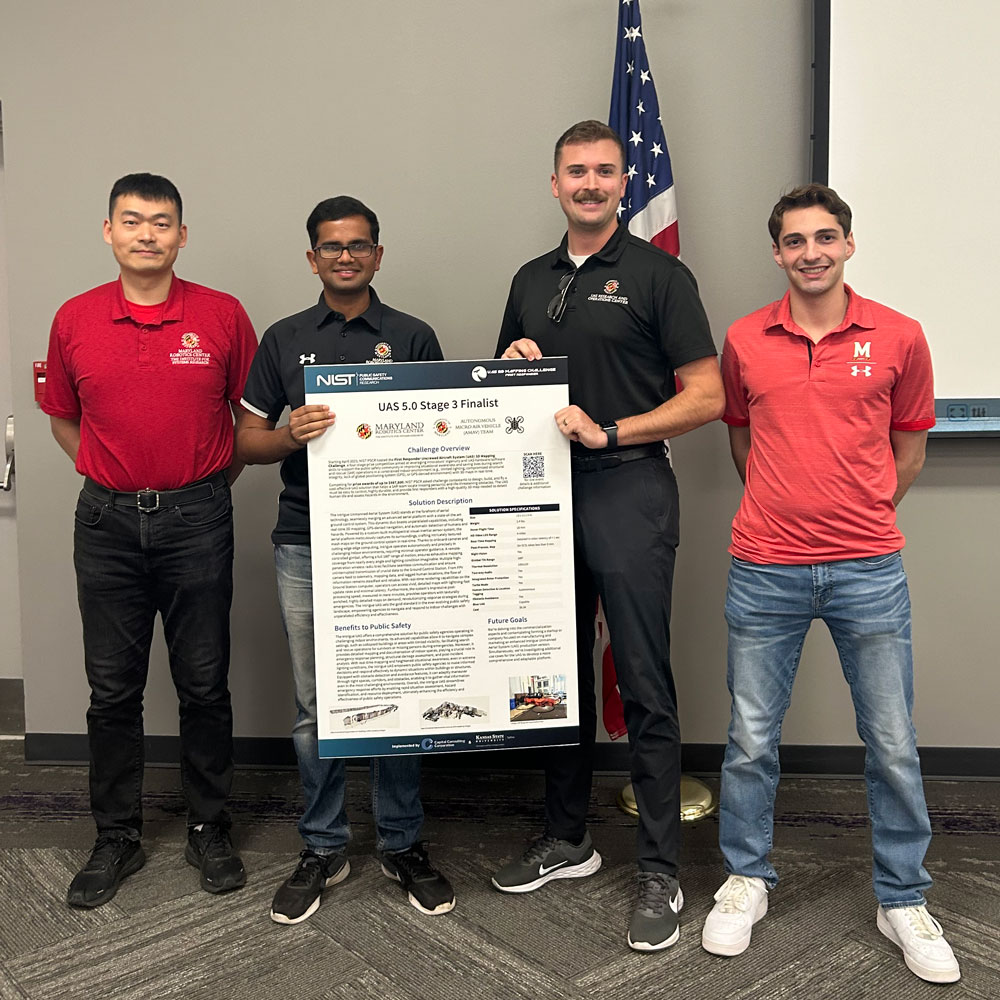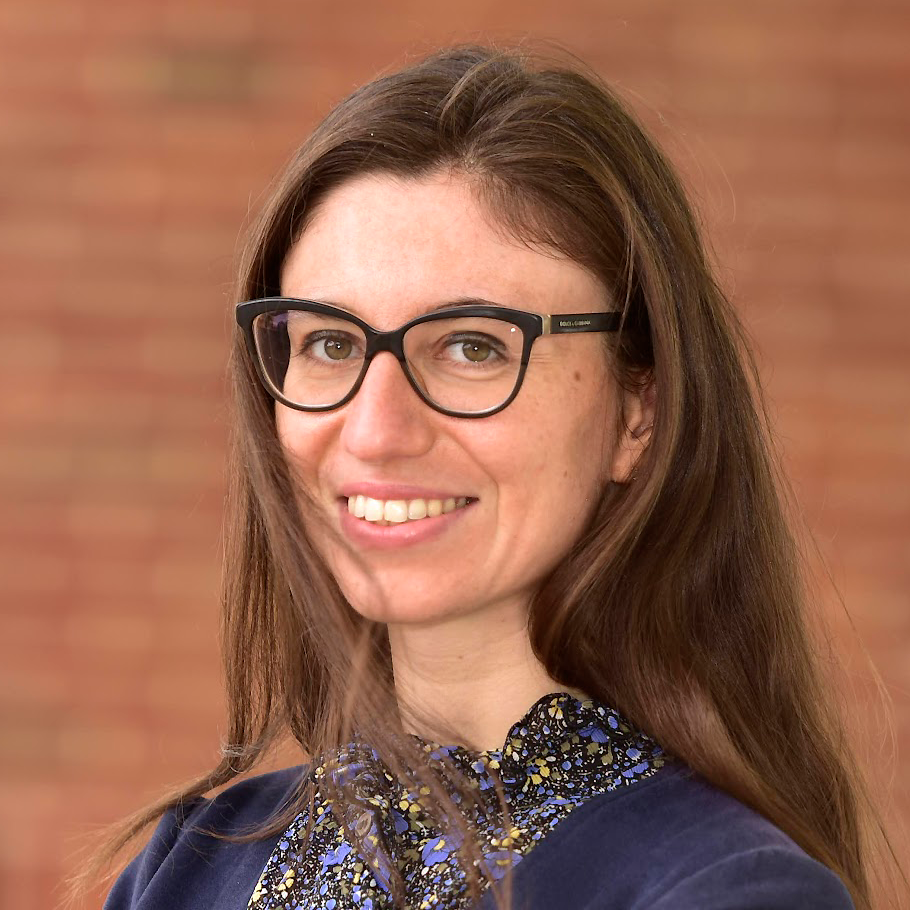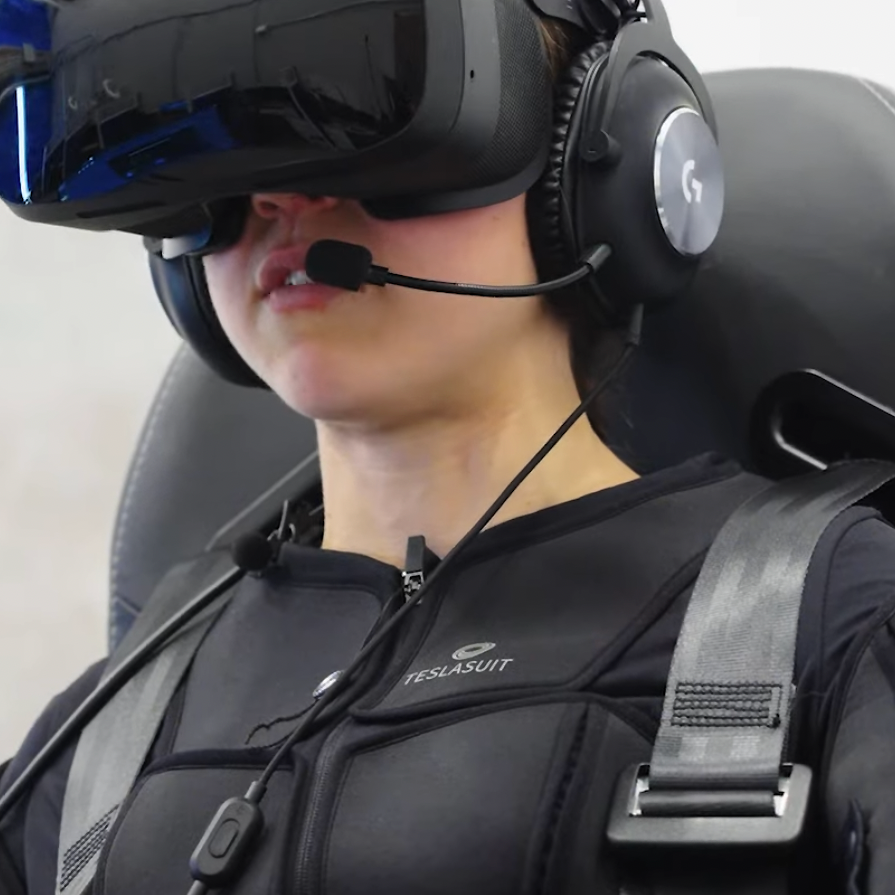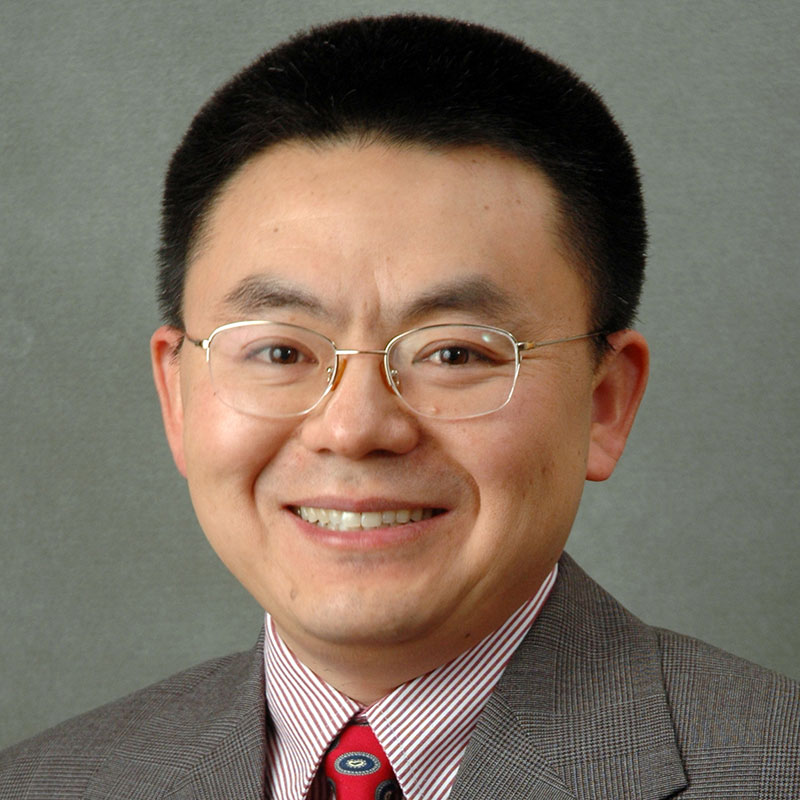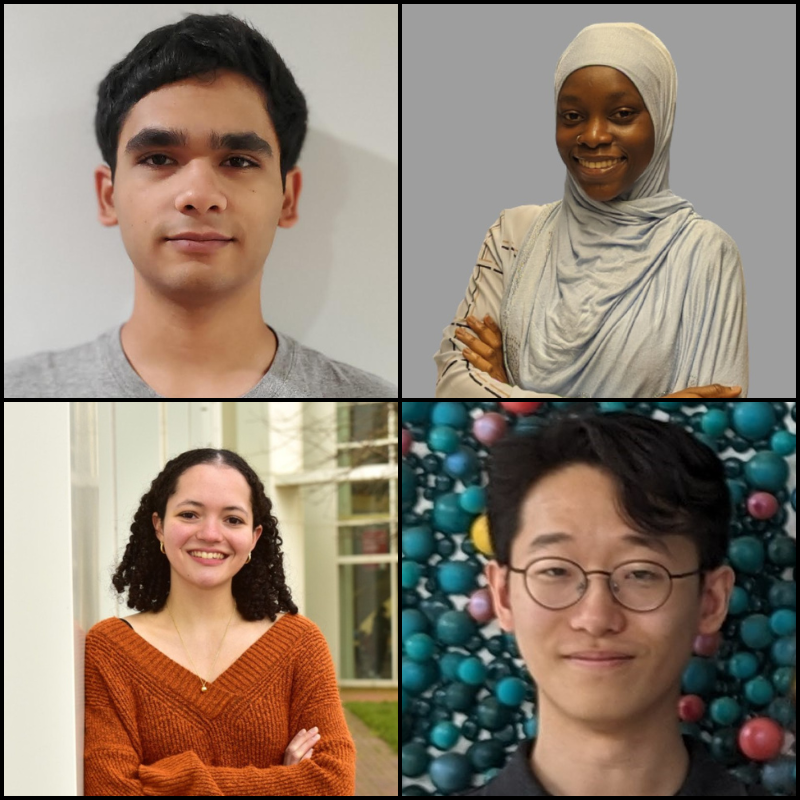News Story
Recipients of the MPower Graduate Fellowships Announced
The University of Maryland’s (UMD) Fischell Department of Bioengineering (BIOE) and the Schools of Dentistry, Medicine, and Pharmacy (UMB) awarded the 2023-2024 MPower Graduate Fellowship to three BIOE Ph.D. students: Alex Pueschel, Allison Moses, and Faranguisse Sadrieh. Through this fellowship, Pueschel, Moses, and Sadrieh will participate in a collaborative Ph.D. program with both universities to work on joint research projects as an opportunity to develop and provide technical solutions for tough clinical challenges in medicine, pharmacy, or dentistry.
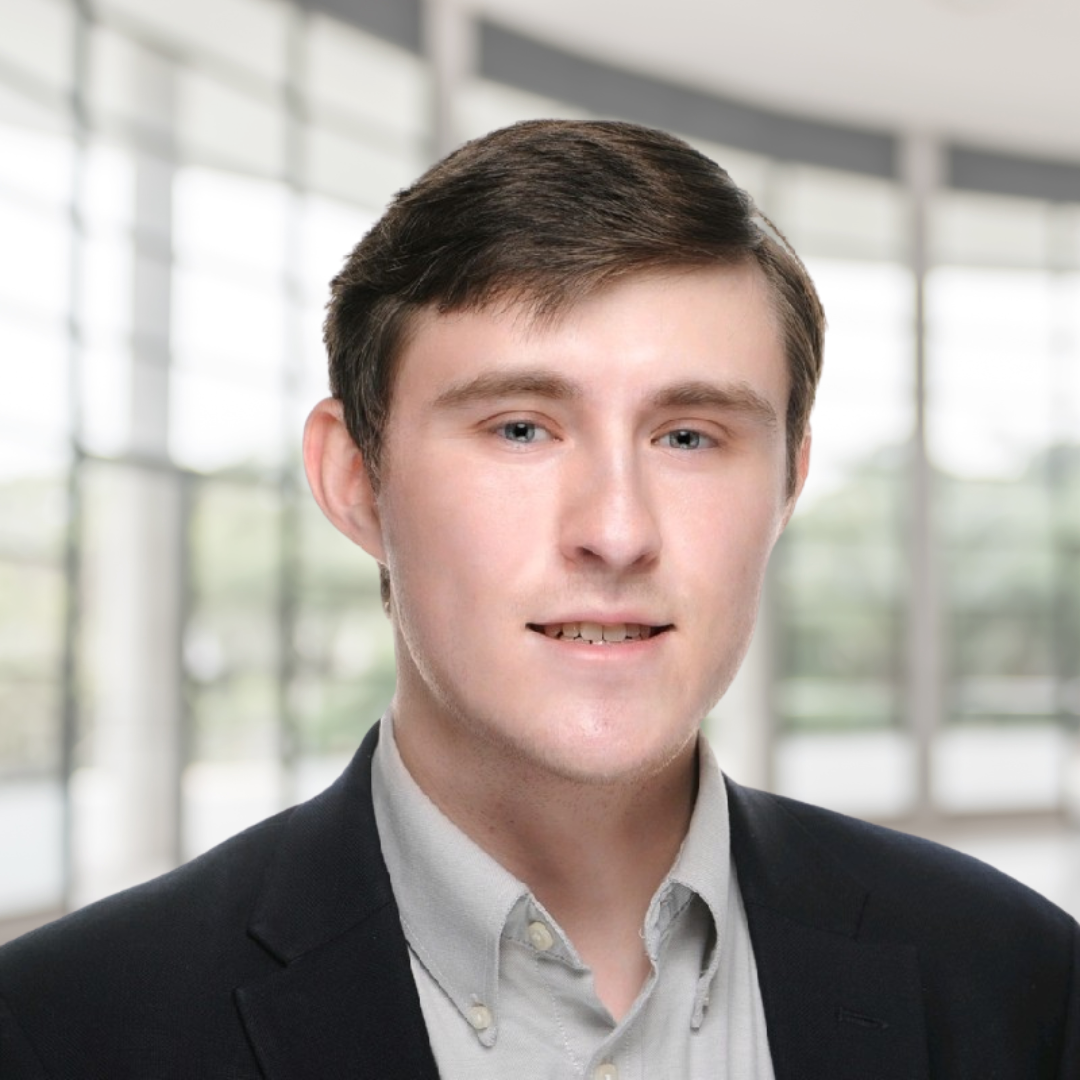 Alex Pueschel is a Ph.D. student in the Amplified Molecular Sensors Lab, under the mentorship of BIOE Professor Ian White. Pueschel’s research primarily focuses on deriving novel or existing biosensor systems for innovative diagnostic approaches, involving system design at both the molecular and device levels. In the lab, Pueschel aims to develop and improve molecular assays and devices.
Alex Pueschel is a Ph.D. student in the Amplified Molecular Sensors Lab, under the mentorship of BIOE Professor Ian White. Pueschel’s research primarily focuses on deriving novel or existing biosensor systems for innovative diagnostic approaches, involving system design at both the molecular and device levels. In the lab, Pueschel aims to develop and improve molecular assays and devices.
Originally from Maryland, Pueschel was drawn to the University of Maryland as part of his desire to return home after completing his undergraduate degree out-of-state. “I was drawn to the University of Maryland because of its strong bioengineering program and research acumen.”
As an undergraduate student, Pueschel had the opportunity to present at two national conferences in the same year. He presented first at the Biomedical Engineering Society’s annual meeting, followed by a presentation a month later at the American Institute of Chemical Engineers’ annual conference.
Currently, Pueschel is actively engaged in a collaborative project aimed at testing diagnostic systems on patient samples in partnership with clinicians at the University of Maryland Medical Center (UMMC). "I am using the fellowship to work on a collaborative project in which my group is working with clinicians at the Medical Center to test one of our diagnostic systems on patient samples."
As Pueschel’s first fellowship, he notes this pivotal moment in his research career. "I am very happy with the accomplishment of receiving the MPower fellowship. I’m excited about the award and greatly appreciate the opportunities it affords me in my research endeavors."
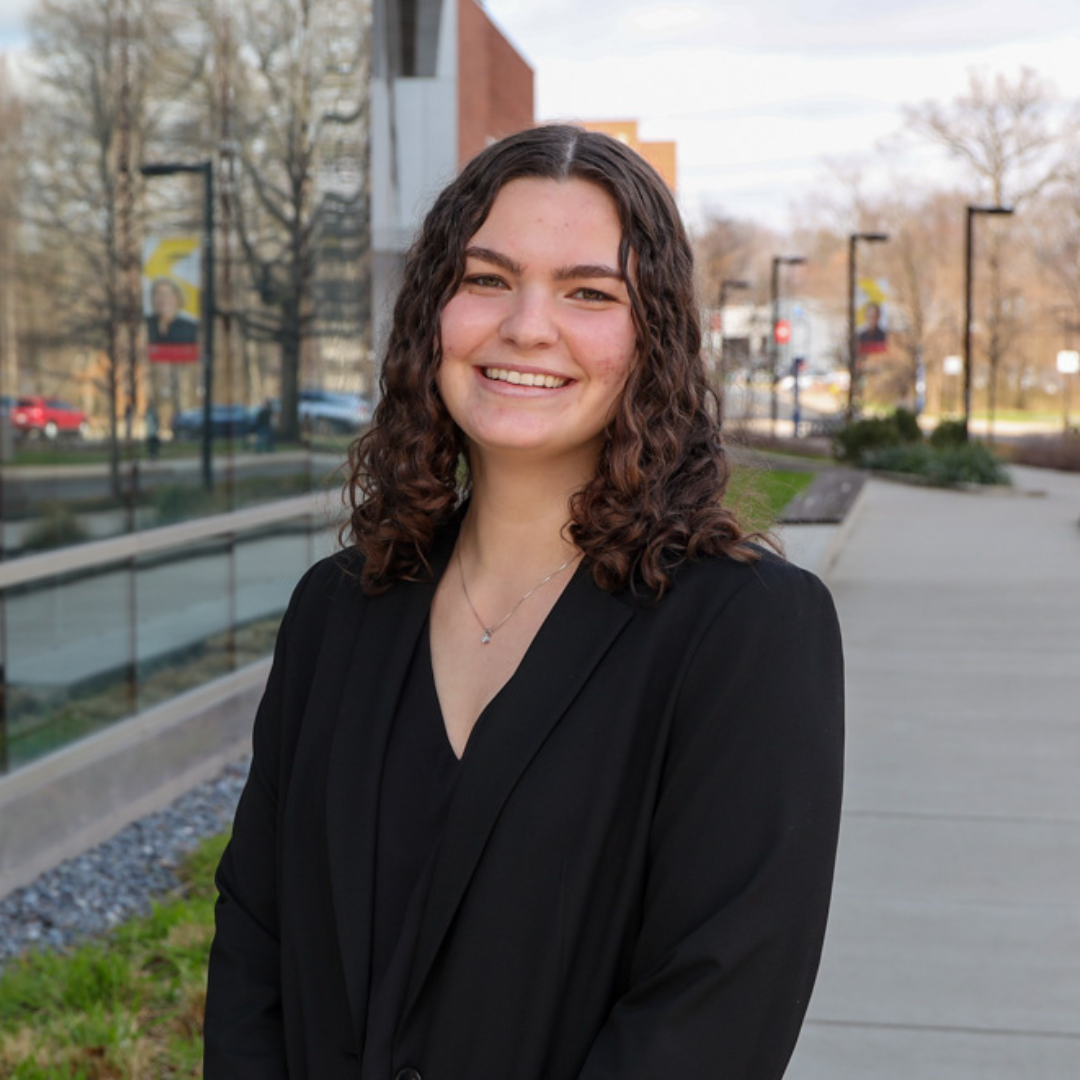 Allison Moses is Ph.D. student and graduate researcher under Assistant Professor Erika Moore in the Moore Lab. In the lab, Moses works to establish an innovative in vitro model for investigating the cellular mechanisms underlying uterine fibroid development. Her focus lies in deciphering the interactions between macrophages, a type of immune cell, and fibroid cells to unravel their impact on fibroid growth.
Allison Moses is Ph.D. student and graduate researcher under Assistant Professor Erika Moore in the Moore Lab. In the lab, Moses works to establish an innovative in vitro model for investigating the cellular mechanisms underlying uterine fibroid development. Her focus lies in deciphering the interactions between macrophages, a type of immune cell, and fibroid cells to unravel their impact on fibroid growth.
During her time studying uterine fibroids in the Moore Lab, Moses became passionate about research on women's health conditions, emphasizing the critical need for more research in this field.
“There is currently no cure or definitive treatment for fibroids besides hysterectomy, and in rare cases, fibroids can recur even after hysterectomy. Therefore, research on the mechanisms governing their growth and development is extremely necessary to eliminate the burden of fibroids,” Moses explains.
"I am very excited to lead this project through the MPower Graduate Fellowship and deeply grateful for the support that's enabling it."
Allison Moses
Moses also earned her B.S. in bioengineering at UMD. As an undergraduate researcher, she studied under Associate Professor Kimberly Stroka in her Cell and Microenvironment Engineering Lab. In the lab, Moses explored the role of aquaporins in breast cancer metastasis and angiogenesis. Her determination to continue delving into women's health is what led her to pursue her Ph.D. degree.
The MPower Fellowship allows her to collaborate not only within the academic realm but also with clinical experts like Dr. Doee Kitessa, an obstetrician and gynecologist at UMB. Together, they intend to bridge the gap between laboratory findings and clinical insights by examining fibroid samples from diverse patient demographics. Her biggest goal during the fellowship is to shed light on the mechanisms behind these differences in prevalence and improve our understanding of the condition.
“I am very excited to lead this project through the MPower Graduate Fellowship and deeply grateful for the support that's enabling it,” Moses says. “I aim for my research to bring us one step closer to understanding uterine fibroid pathogenesis so that we may develop key targets for screening, treating, or preventing fibroids.”
Faranguisse Sadrieh is a Ph.D. student in the Bio-imaging and Machine Vision Lab under Professor Yang Tao. In the lab, Sadrieh delves into research on artificial intelligence and computer vision, applying them to various sectors including food processing, industrial automation, and biomedical challenges.
Much like her undergraduate journey at UMD, during which she also worked with Professor Tao in her senior year, Sadrieh found herself drawn to UMD for graduate school due to the compelling research environment and the strength of the BIOE program.
Reflecting on the beginning of her research career, Sadrieh's feels her biggest achievement thus far is securing the MPower Fellowship, signaling a significant milestone and recognition of her potential. As a first-year Ph.D. student, this achievement sets her on the path towards contributing to impactful research.
Excited about the opportunities the fellowship brings, Sadrieh is particularly enthusiastic about collaborating with Professor Osamah Saeedi, the director of clinical research at UMB. Building upon previous collaborations between Professor Tao and Saeedi's labs, Sadrieh envisions continuing this partnership to advance their collective research goals.
“I'm thrilled to receive the fellowship and eager to collaborate with Professor Saeedi's team,” Sadrieh says. “Our joint efforts hold immense promise in pushing the boundaries of artificial intelligence and computer vision applications, particularly in addressing biomedical challenges.”
During her fellowship, Sadrieh aims to contribute meaningfully to ongoing projects while exploring new avenues for research. Leveraging the interdisciplinary nature of her work, she hopes to make significant strides in enhancing the efficacy of AI and computer vision technologies for real-world applications.
Published March 28, 2024

